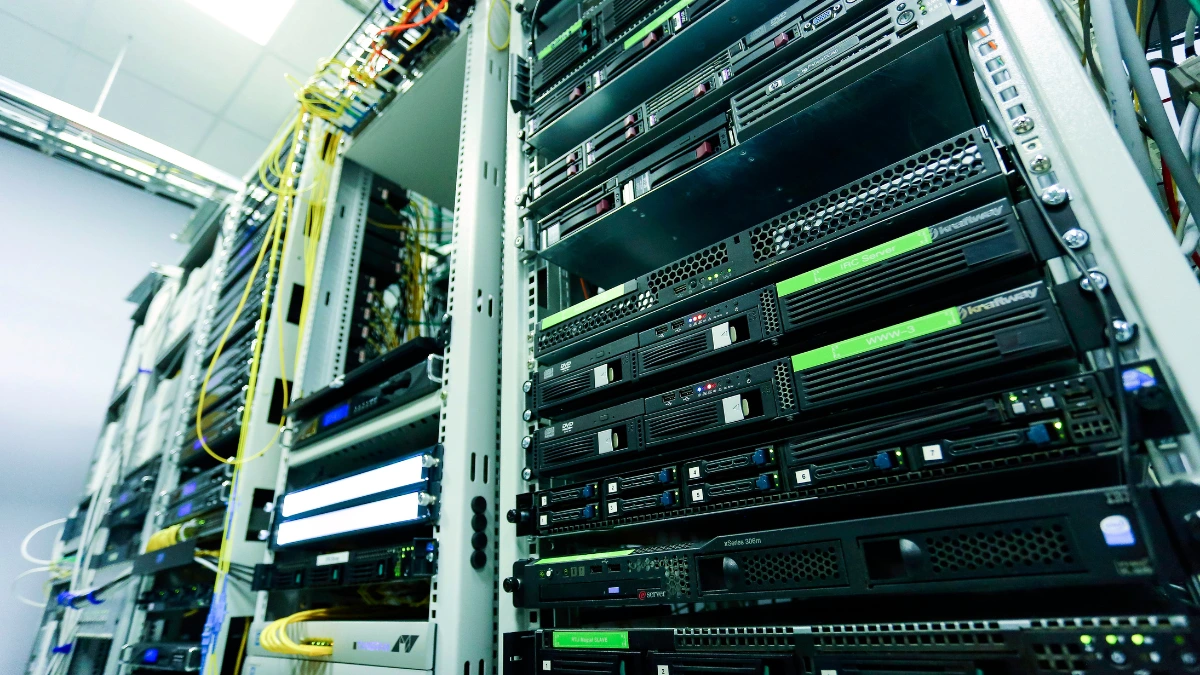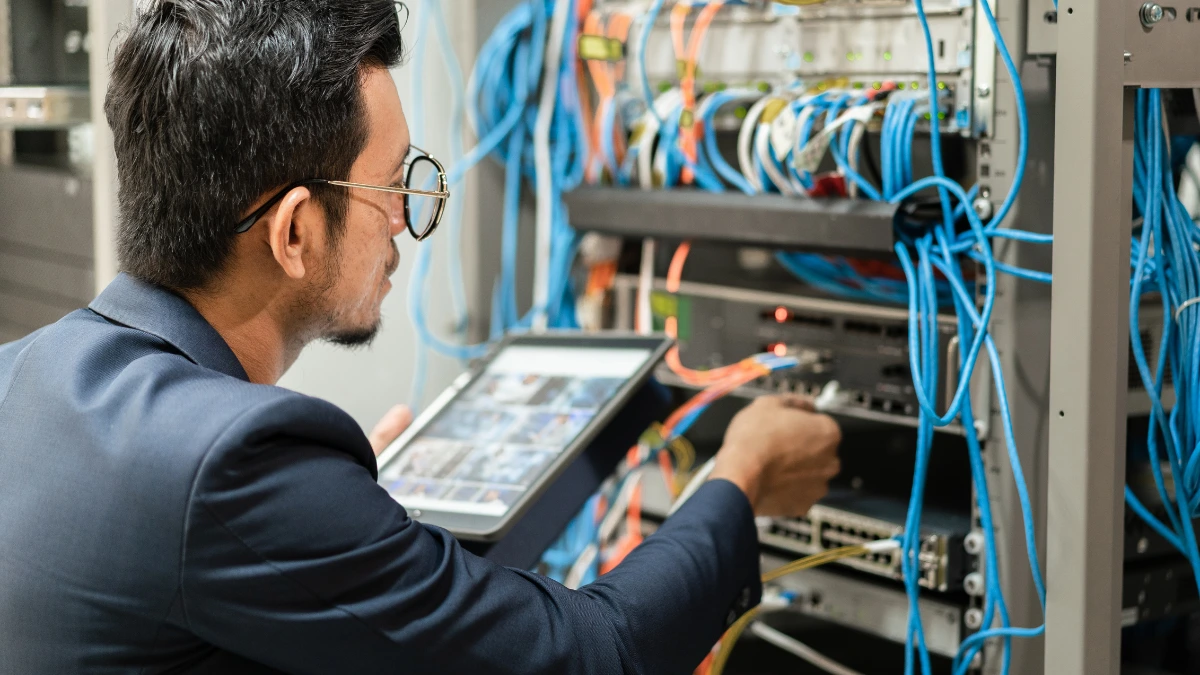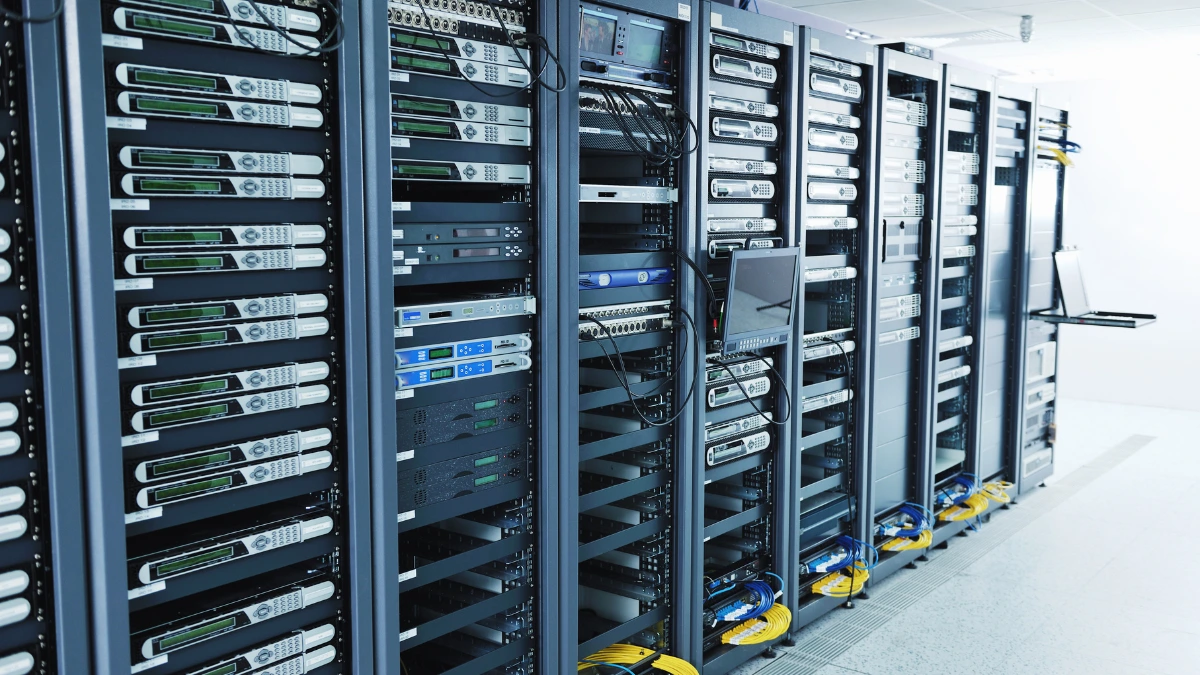The presence of a server provides a digital service center to other computer devices connected through a network. One type of server is the physical server, which offers several key functions and advantages.
The functions of a physical server include storing data to services. Moreover, the advantages include high performance, configuration flexibility, to better security.
This article will give you information on physical servers, including definitions, functions, and the advantages they have.
What is a Physical Server?

A physical server is a type of server in the form of hardware, such as a motherboard, CPU, memory, and storage, as well as an operating system that manages these resources.
The device stands alone in performing its operations. Usually, this server, used by large companies to have the capacity and full control of the operating system.
The Functions
The physical server has several functions, from storing data to service provision. Here are some of its functions:
- Storing data: As a storage center for data, such as files, databases, or applications, to be accessed by various devices connected to the network.
- Network manager: Regulates data traffic on the network so that information is sent and received correctly by devices.
- Service provision: Provides various services such as web servers, mail servers, database servers, and others.
The Advantages

The physical server has several advantages, from high performance, configuration flexibility, to better security. Here are some of its main advantages in detail:
1. High performance
One of the advantages of a physical server is its high performance. This is supported by resources from CPU, RAM, and storage that are exclusively allocated to one user or application.
2. Stable and reliable
Stability and reliability are other advantages of this server. It is affected by external factors such as internet connection or disruption to other servers in the virtual environment.
3. Configuration flexibility

By using a physical server, the configuration can be freely customized according to your needs. This configuration flexibility includes the selection of operating systems, software, and other settings.
4. Full access to resources
Full access to resources is another advantage of this server. Hardware resources are provided by these servers, including large storage capacity and computing power.
5. Better security
Another advantage of physical servers is better security. The need for access to resources makes unauthorized access and the risk of data breach reduced due to the full isolation of the hardware.
Those are the definitions, functions, and advantages of a physical server that you need to know. Another thing to note is that server on the market must pass the certification test from the Directorate General of Digital Infrastructure (DJID).
Server regulation is based on the Ministerial Decree (KEPMEN) No. 60 Tahun 2022, which requires all radio frequency-based devices to meet specific technical standards before being sold in the country.
With a DJID certification, users can feel calm about using a server device whose quality and security are guaranteed. For manufacturers or importers of server devices, obtaining certification from DJID is a mandatory step before the device can be officially marketed in Indonesia.
To simplify the certification process, Type Approval Certification Services for ICT Products are available to assist with this process as a reliable solution. [UN].

